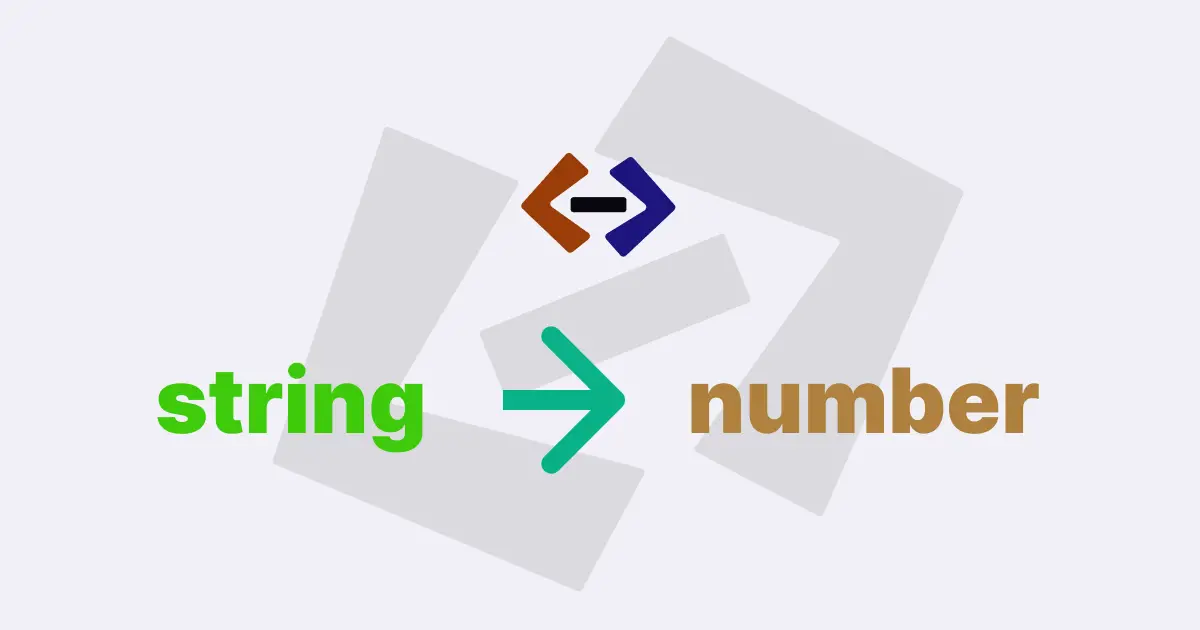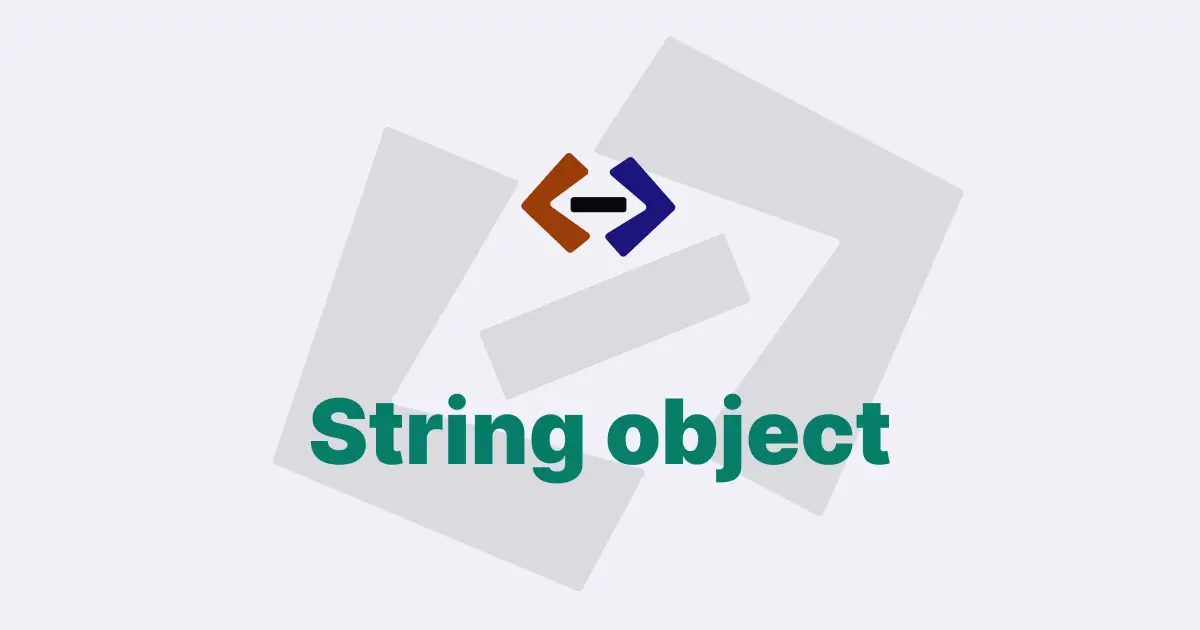In JavaScript, getting the length of a string is a common task that can be achieved using different methods.
In this article, we will explore different approaches to get the length of a string, including built-in functions, regular expressions, and iteration, with code snippets and explanations.
Method 1: Using the length property:
The most straightforward method to get the length of a string in JavaScript is to use the length property. The length property is a built-in property of strings that returns the number of characters in a string.
Here is an example code snippet that demonstrates how to use the length property to get the length of a string:
const myString = "Hello, world!";
const stringLength = myString.length;
console.log(stringLength); // Output: 13In the above example, we declare a variable myString and assign it a string value "Hello, world!". We then use the length property to get the length of the string and assign it to a variable stringLength. Finally, we log the value of stringLength to the console, which outputs 13, the number of characters in the string.
Method 2: Using the spread operator and the length property:
Another method to get the length of a string in JavaScript is to use the spread operator in combination with the length property. The spread operator is a feature introduced in ECMAScript 6 that allows us to spread the elements of an array or an iterable object into individual elements.
Here is an example code snippet that demonstrates how to use the spread operator and the length property to get the length of a string:
const myString = "Hello, world!";
const stringLength = [...myString].length;
console.log(stringLength); // Output: 13In the above example, we declare a variable myString and assign it a string value "Hello, world!". We then use the spread operator [...myString] to spread the characters of the string into individual elements, which creates an array of characters. Finally, we use the length property to get the length of the array, which is the same as the length of the string, and assign it to a variable stringLength. We then log the value of stringLength to the console, which outputs 13, the number of characters in the string.
Method 3: Using a regular expression:
Another method to get the length of a string in JavaScript is to use a regular expression. Regular expressions are patterns used to match character combinations in strings. We can use a regular expression to match all the characters in a string and then use the length property to get the length of the matched characters.
Here is an example code snippet that demonstrates how to use a regular expression to get the length of a string:
const myString = "Hello, world!";
const stringLength = myString.match(/./g).length;
console.log(stringLength); // Output: 13In the above example, we declare a variable myString and assign it a string value "Hello, world!". We then use a regular expression /./g to match all the characters in the string and create an array of matched characters. Finally, we use the length property to get the length of the array, which is the same as the length of the string, and assign it to a variable stringLength. We then log the value of stringLength to the console, which outputs 13, the number of characters in the string.
Method 4: Using iteration:
Another method to get the length of a string in JavaScript is to use iteration. We can iterate over each character in the string and count the number of characters using a loop or a higher-order function such as reduce().
Here is an example code snippet that demonstrates how to use iteration to get the length of a string using a for loop:
const myString = "Hello, world!";
let stringLength = 0;
for (let i = 0; i < myString.length; i++) {
stringLength++;
}
console.log(stringLength); // Output: 13In the above example, we declare a variable myString and assign it a string value "Hello, world!". We then declare a variable stringLength and initialize it to 0. We use a for loop to iterate over each character in the string, incrementing the stringLength variable for each character. Finally, we log the value of stringLength to the console, which outputs 13, the number of characters in the string.
Here is an example code snippet that demonstrates how to use iteration to get the length of a string using the reduce() method:
const myString = "Hello, world!";
const stringLength = [...myString].reduce((acc) => acc + 1, 0);
console.log(stringLength); // Output: 13In the above example, we declare a variable myString and assign it a string value "Hello, world!". We use the spread operator [...myString] to create an array of characters from the string. We then use the reduce() method to iterate over the array and accumulate the length of the string by adding 1 to the accumulator for each character. Finally, we log the value of stringLength to the console, which outputs 13, the number of characters in the string.
Thank you for reading, and let’s have conversation with each other
Thank you for reading my article. Let’s have conversation on Twitter and LinkedIn by connecting.





